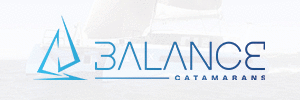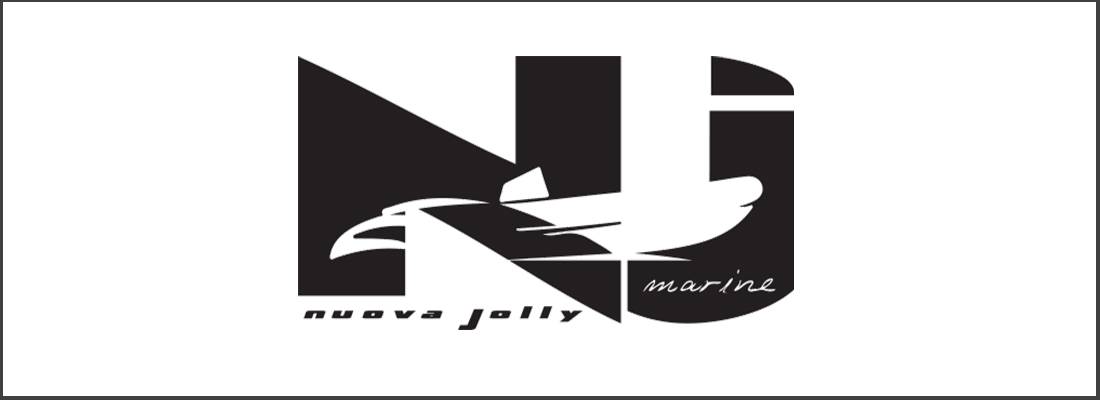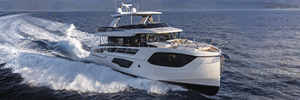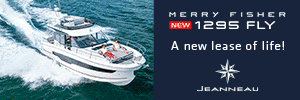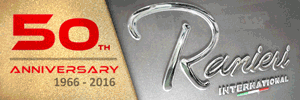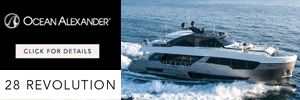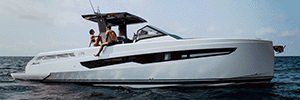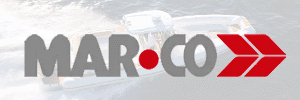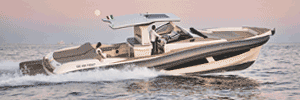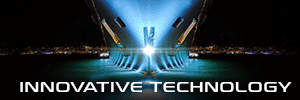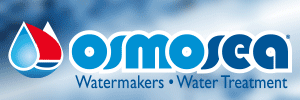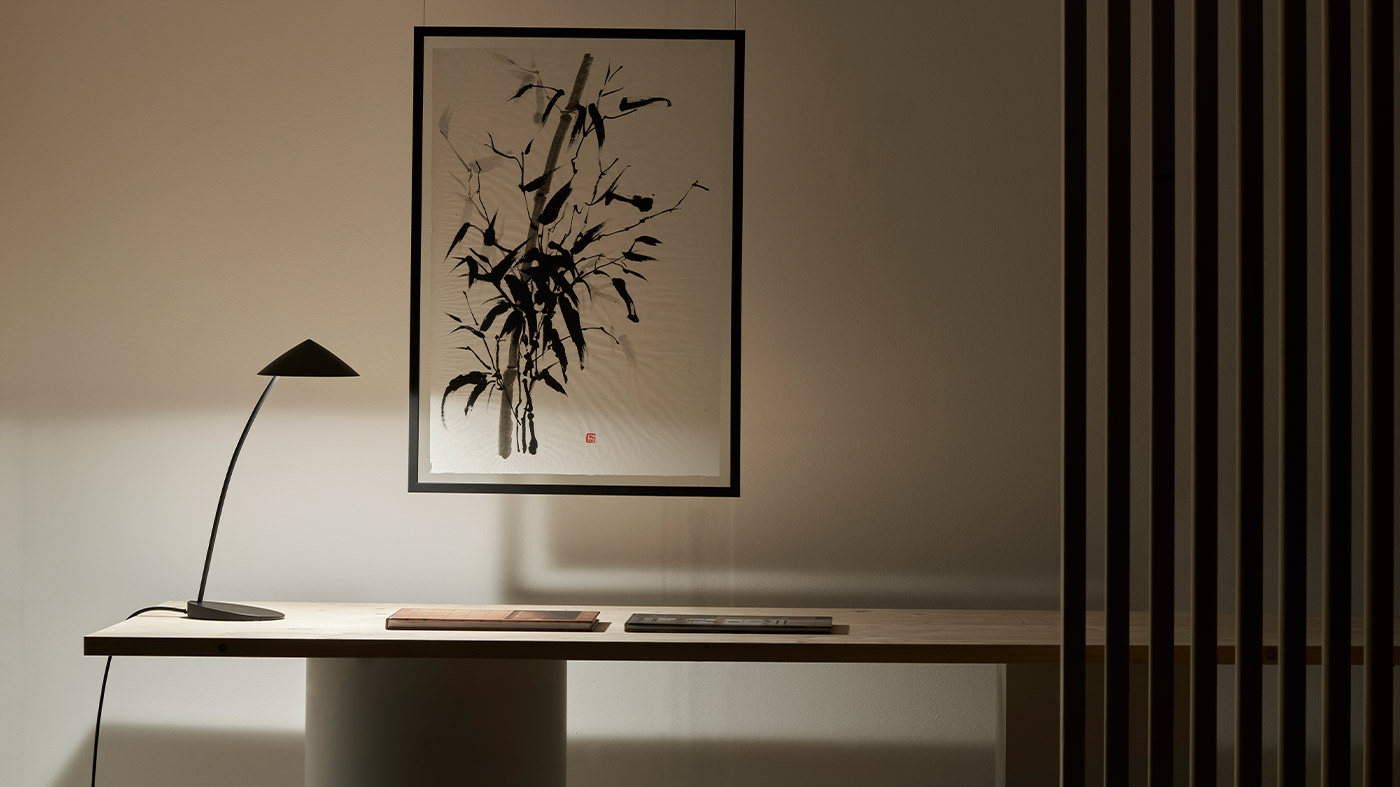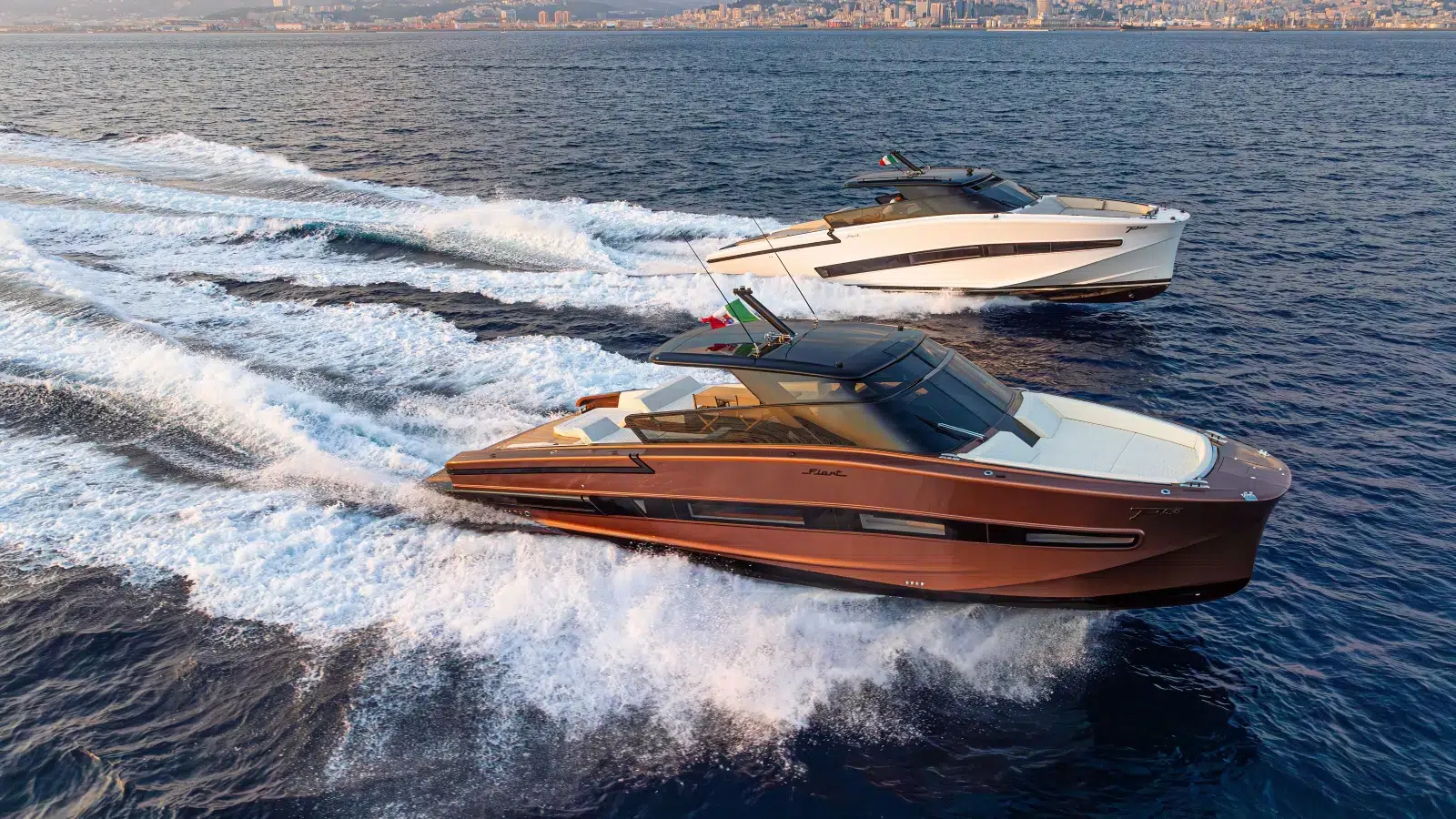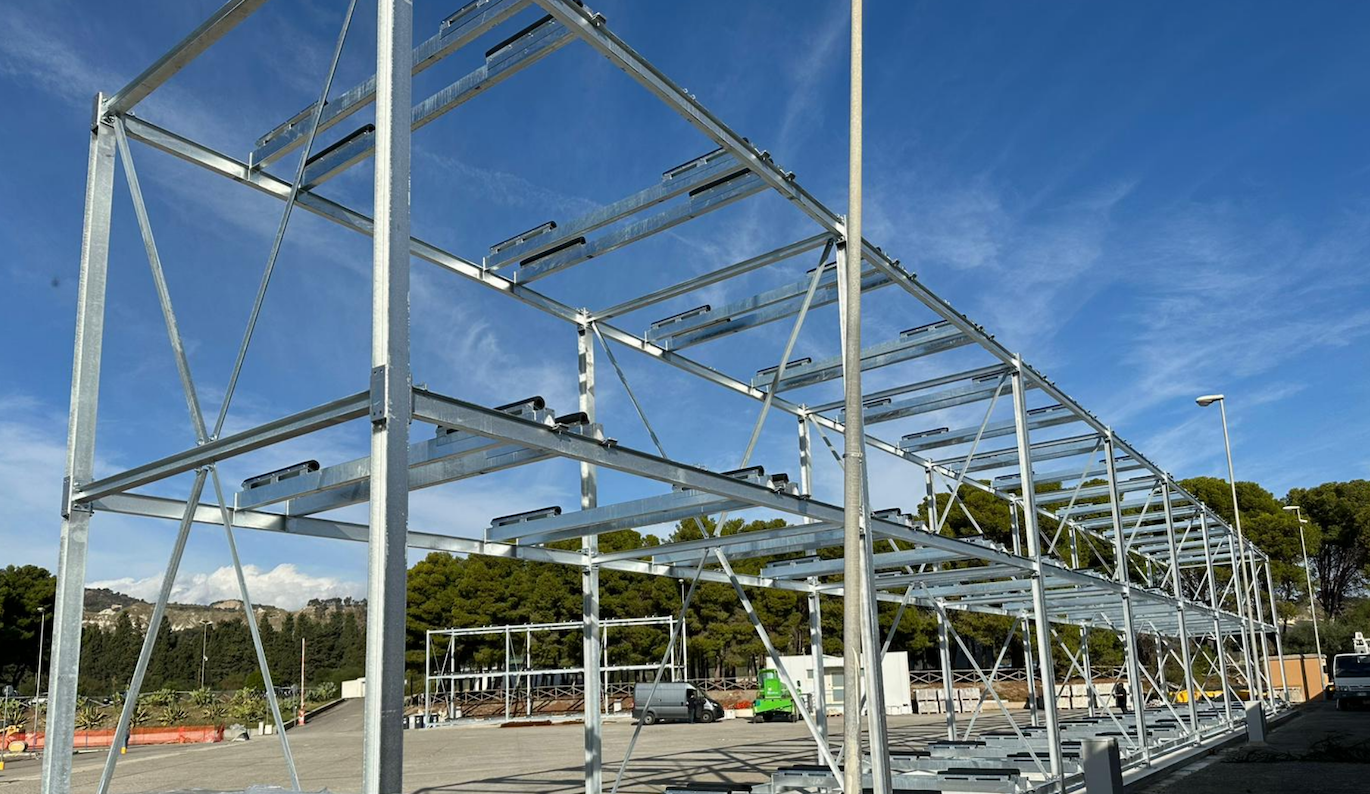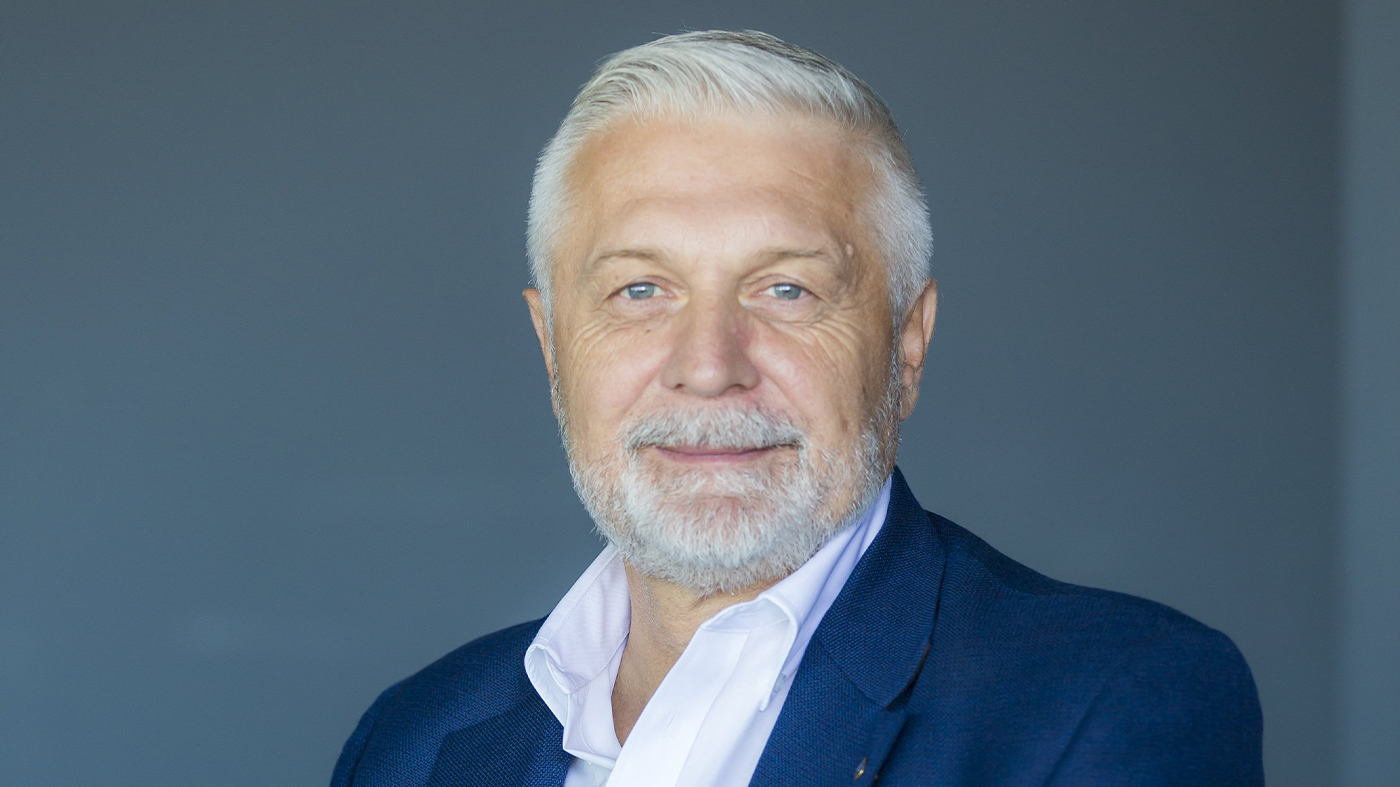Absolute Yachts welcomed us into the shipyard of Podenzano, few kilometres far from Piacenza, Italy, where we met Cesare Mastroianni, VP Sales and CCO of the brand. We learned everything about the origins of the company, the values which have contributed to its success, the spirit which drives it and its members, who have always believed in the strength of the group and this “extended” family. Moreover, we found out how ISS, their exclusive way to build boats, works.

How and when was Absolute Yachts born? The company was founded in 2002 by the will of the two founders, both with a very technical education – productive for Marcello Bé and project in the case of Sergio Maggi – who strongly desired to be independent from any external influence and free to start from the traditions and skills acquired before being innovative. The first establishment, seated in Carpaneto, was not optimized for boat construction and it was the place where the first small vessels, ranging from 24 to 45 feet, were produced. Then, the brand grew and, with it, boat sizes and the presence on the market: thus it became necessary to produce with more engineered techniques in a suitable seat. Between 2006 and 2007, the group inaugurated the new establishment in Podenzano, finally optimized to build boats in a modern way and with an advanced internal technological support.
Can you explain this in detail?
Nothing is left to chance and our attention to a “clean” technology is full. For example, the printing room is air-conditioned with a remote automated control which allows a very precise and remotely monitored environmental control both during the processing stage and the night seasoning of products. The establishment is very modern with no environmental impact since we work with geothermic heat exchangers which use an electric heat pump. In the different departments, especially in the printing, trimming and construction ones, the whole air treatment is made to reduce emissions completely.
A complex “machine” to arrange…
The whole complex worked fine until 2013. In 2014, additional spaces became necessary and this need resulted in an enlargement and restoration project of the current establishments which was completed in January 2017. Not because boats have become longer but because their type has changed: flyboats and trawlers are the dominant category now. In terms of moulds, superstructures double the necessary processing surface compared to that one used to produce their hull. Our new establishment has been exactly conceived for these “double boats”..
From what you said, it seems evident that in 2008, annus horribilis for the whole worldwide economy and boating, you, on the contrary, built a new establishment and started the production of new models… How was it possible?
Yes, it’s true. We reacted to the so-called “crisis” and while the others gave up, we launched some new products. Starting from 2010-1014 we revolutionized our product range and, since then, we have started a constant updating action. According to us, this was our most impactful element. Before 2008, the brand was not very popular beyond the Mediterranean and it didn’t have a universal range like today. It was mainly oriented to sport cruisers from 40 to 70 feet to be used in our seas. When the crisis came, we inaugurated our Absolute Global Project with the aim to create a range able to attract the different markets. Thus, we developed a series of specific technical, project and marketing measures to increase our presence in North America, Continental, Mediterranean and Northern Europe, Middle East, Asia, South-East Asia and Oceania. To do that, we had to design universally attractive boats.
Meanwhile, however, the market was deeply changed. Crisis has totally altered the scenario.
Yes, it has and we have seized this change. If major customers were previously oriented to a “status symbol” boat for an occasional use, today customers consider the boat as a source to be exploited. The idea is to invest money while enjoying the boat with family and friends and use it in seasonal terms. Boat owners need spaces and solutions functional to life on-board.
This is the new “user experience”, from which we’ve coined the “more value for money” expression. Technical specification becomes essential. Our boats, for example, including the small 45-foot one, offer a crew cabin with a separated entrance. Many use it as an additional guest cabin since it is luxuriously furnished and offers an excellent comfort in terms of ergonomics just like a real guest cabin. We’re the only ones which offer this “plus” on boats from 45 to 52 feet.
Can you give us some more examples?
The useful surface of our flyboats, when length is equal, is at least 30-40%, sometimes 50% larger than many competing boats which have maintained an outdated phylosophy of a time when aesthetics was much more important than space. We intervened technically to achieve all this. We moved the windshield forward, we straightened it, we made the astern terrace longer and now our flybridges are practically a second boat. It’s a work which starts early, since the first phases when boats are conceived.
So, a real industrial development of the project.
I’d say so. For instance, the choice to build larger boats in two parts which can be carried separately on a truck allows us to have such internal heights no one else has. It was a specific engineering work. Our models, from 52 Navetta up, travel on two trucks to reach the sea before being mounted in a day and put into water. This is a very interesting technologic content.
Well, has crisis reinforced your group?
What was considered to be an economic crisis involving boating was a restoration for us. The world had created an unbearable “bubble” which, once burst, provoked a downsizing which resulted in a new opportunity for us. We immediately reorganized and adjusted our parameters to the new situation. Our workers was not affected by any lay-offs and no one was fired. On the contrary, between 2010 and 2016, our staff has practically doubled. We never stopped our production. We only changed direction and abandoned the old models by focusing on globalization. Since then, we have been following this tack in a systematic way.
But market numbers have decreased anyway. Are you broad-shouldered enough to bear all this?
The decrease in sales lasted a year and a half. Then, sales started to grow again. Our broad shoulders come from the fact we never acquired external finance as some other yards did. External finance only focuses on the cyclic nature of financial profitability and some “cold” established parameters. There isn’t the typical passion and availability to sacrifice of a businessman living his company. This makes us different from all the others and, even now, we continue to work with solely internal finance.
Can you explain us the entrepreneurial spirit of Absolute Yachts?
The management board– Angelo Gobbi, Sergio Maggi, Paola Carini, Marcello Bè, Giuseppe Bertocci and Patrizia Gobbi – coincides with property and this, too, is a strategic decision. When sacrifices were necessary, they did what any other businessman in the boating field has never maybe done: they invested further money, they greased and reorganized the machine. They are all technicians, born and raised in this field, with a very strong passion and dedication to their company. It’s an extended family. Moreover, we’ve internalized the entire production and planning cycle. We don’t have any kind of external collaboration. Of course, we’ve our suppliers but the boat is entirely designed, prototyped, developed and assembled here. All fiberglass structures are produced here. Having the whole cycle and the entire costs under control has allowed us to optimize costs during those troubled years without cutting the staff. The investment intended to create a real “know-how” starts from a “human loyalty”. Having formed a team has been an impressive capitalisation”.
How does this extended family work?
Our organizational structure is not pyramidal but includes two different levels: a management board which shares methods, issues and solutions weekly and the team with which we work closely. There is no bureaucracy, no mandate, the process is immediate. The reactivity towards any event inside and outside the company is as quickly as possible.
Can’t this reactive family, where all decisions are made inside, represent a limit for innovation? Which ways are you following for the future?
We’re not alone in this process. We’re supported by our network of dealers to whom we repeat at every meeting – like a mantra – “tell us all you grasp in the market“. We’re always ready to put ourselves at stake if customers don’t like something. If we realize we have something to change, we change it. We are always attentive to customers’ needs and we listen to them through our dealers or, where possible, directly. Moreover, we listen to the proposals or assumptions of our suppliers who, working in different fields such as construction, automotive and automation market, understand new trends before boating.
Your will to innovate is well-represented by your commitment to invest in IPS engines. Since the very first moment.
Yes, you’re right. In 2006, our choice to adopt Volvo Penta IPS engines as the only propulsion form was eye-opening. With them, we contributed to the development of IPS themselves. I mention some historic facts: IPS3 and IPS15 have benefited from our boats that Volvo Penta designers used to test new products. It’s not only a supply but a real collaboration and optimization. We were the first to use IP6 600 quadruple instalation on a 70-foot boat and IPS 600 triple installation on a 56-foot one.
We’ve saved the most important question for last. Can you describe ISS, your exclusive way to build boats?
The traditional method consists in extracting the hull from its mould and placing a “tray” on its bottom, where the different modules and systems are inserted. Then, the deck is added and the whole is closed. Our process is quite different. We print the hull while our joinery build interiors on a “fake“, a metal structure which simulates a boat. There, woods, multi-layer and composite elements, specifically made and cut for us by numerically-controlled machines, are bundled and transformed into a monolithic piece. Then, they are inserted into the hull while it is in the mould – there is no tray on the bottom – and bundled to the hull. We add the deck, which is first glued and then bundled. At that point, the boat is closed and sealed, still in its mould. After that, it is extracted and put down. Only then, engines, tanks, batteries and systems can be mounted.

What’s difficult in this process?
First of all, you have to plan everything in 3D: lamps, drawers, screws…This takes many hours. But the advantage is that you have a perfect finished product and not a prototype. The is no margin of improvisation. Technicians have no decisions to make. We start from a precise codified and packaged basis. We know before what we will put on our boat and how it will work, including what comes from our suppliers.
What are the advantages?
The boat is lighter but more rigid and we need less material to build it. There are no crunches or noise. The result is also a better thermal and sound insulation. The ISS process allows to build the boat in two different parts for an easier transport and assembly. Future maintenance, too, becomes easier: “everything going in the boat can go out”, nothing has to be broken.






